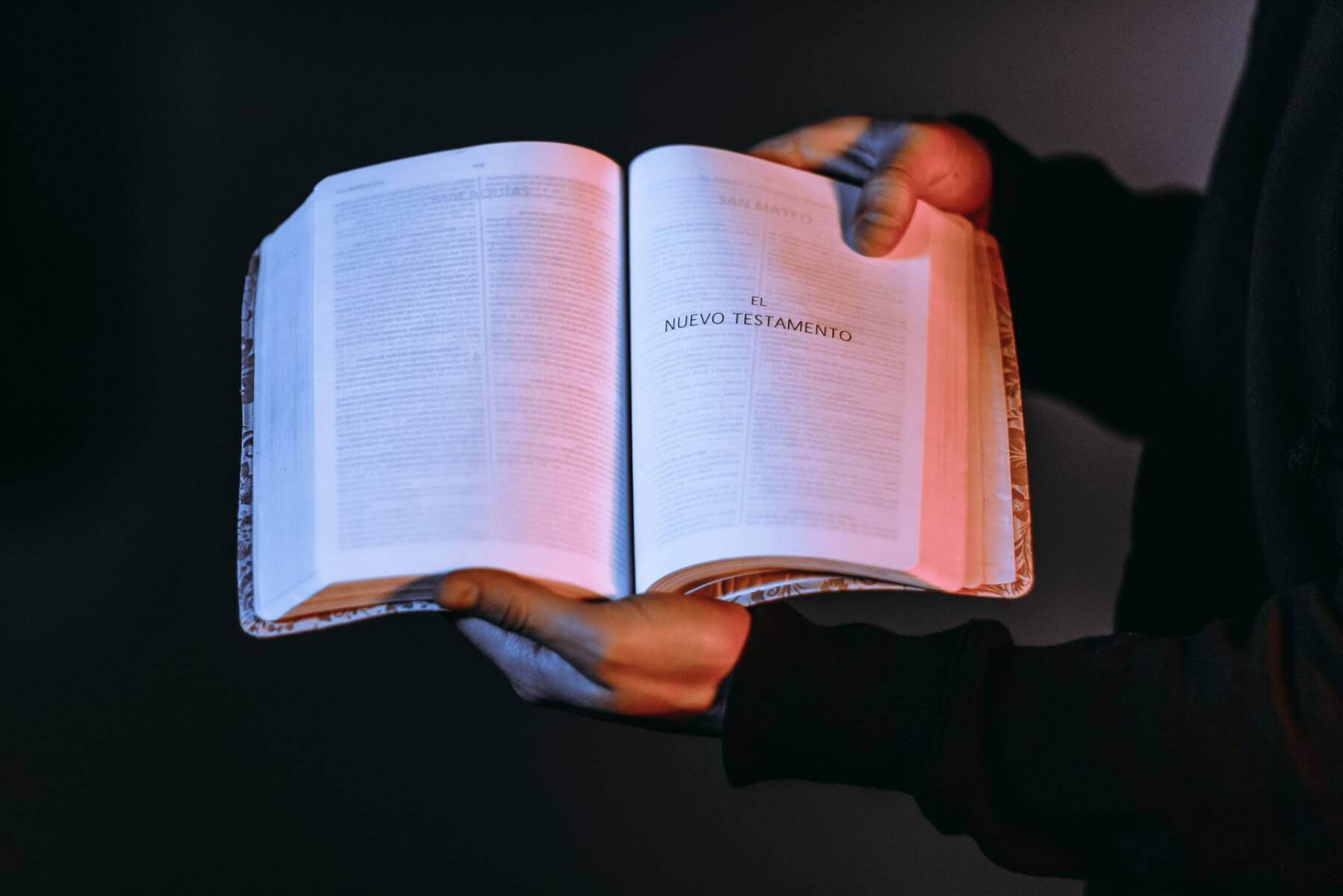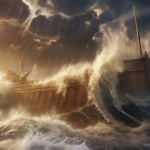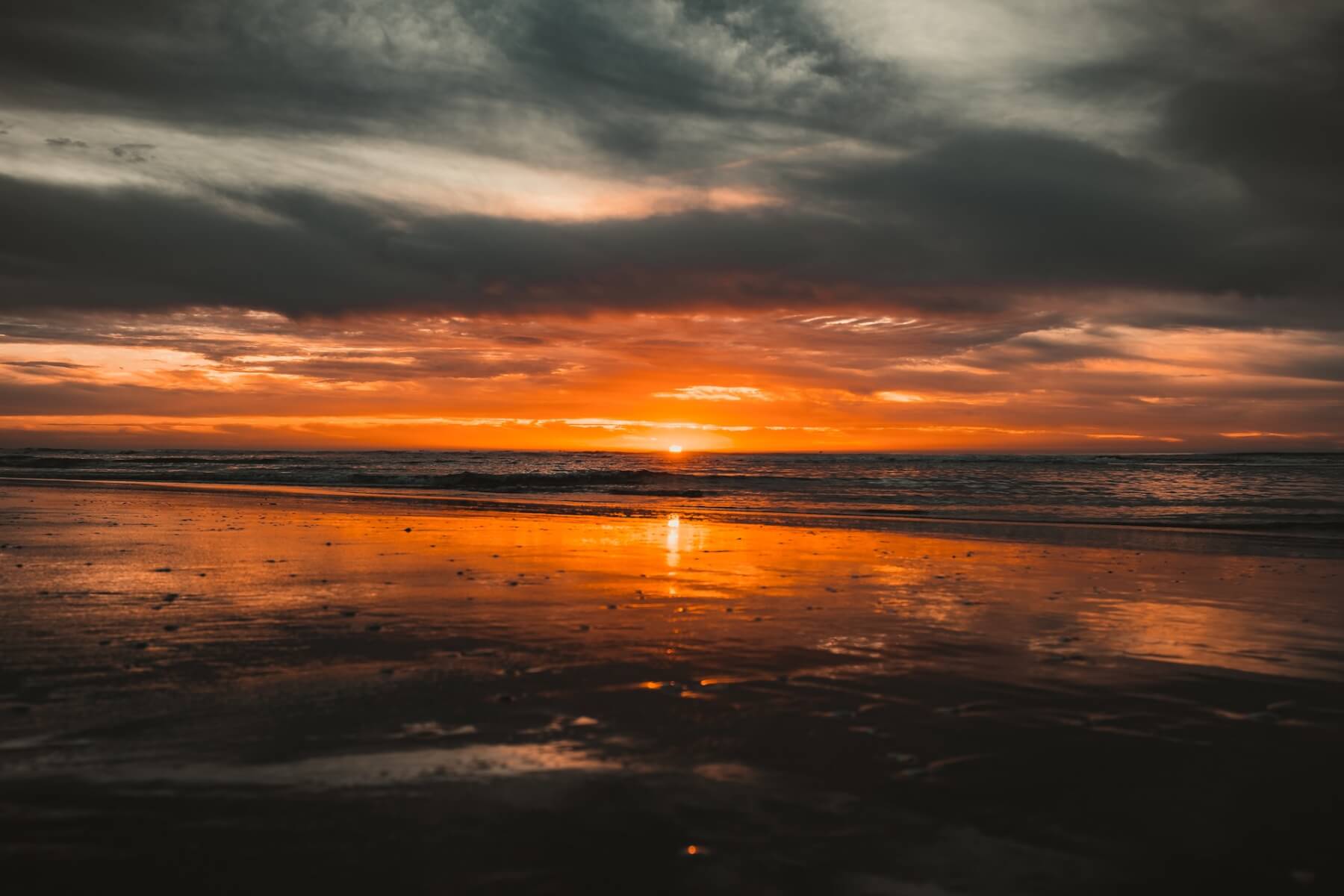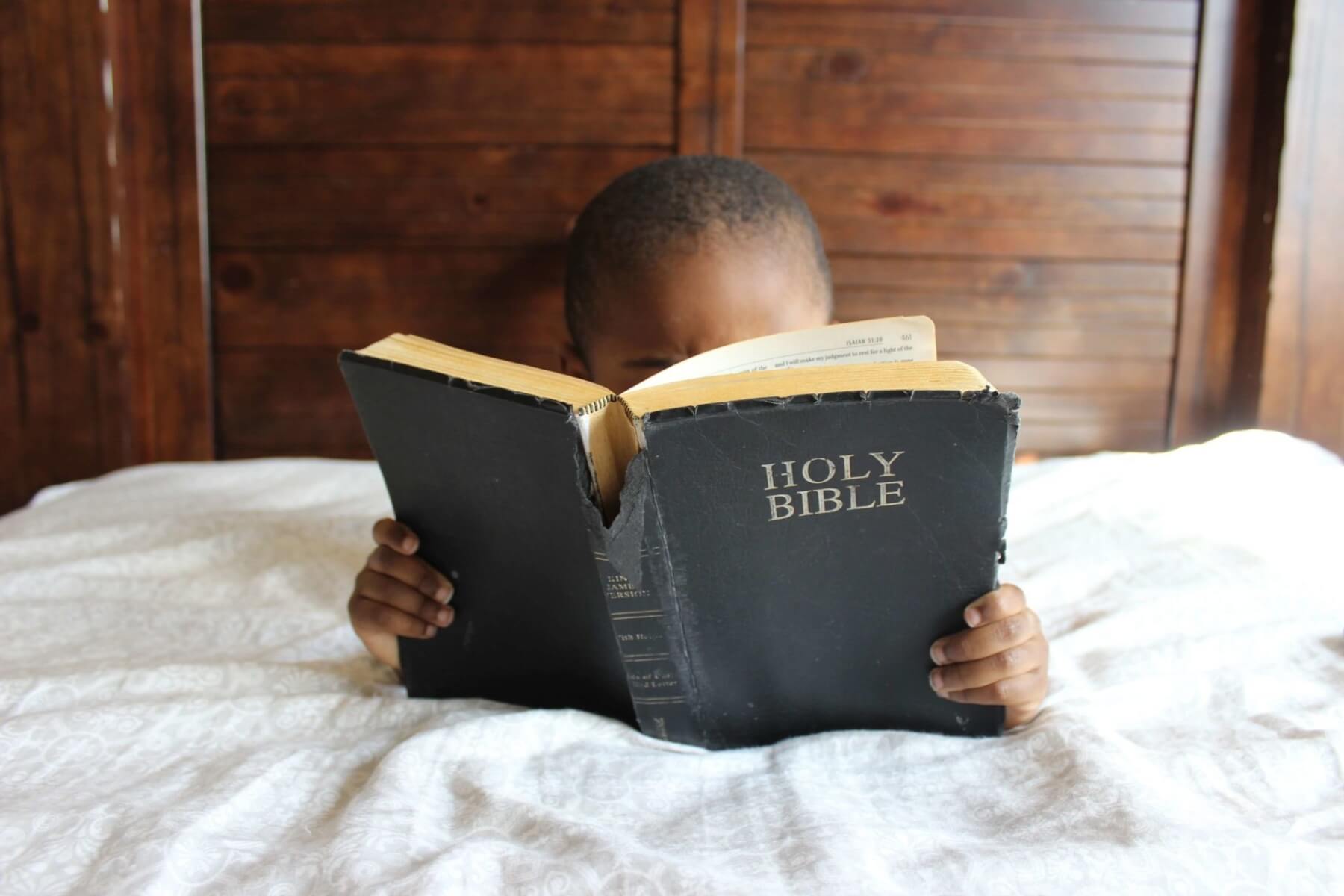The skins of sea cows were utilized in the Bible to shroud the Ark of the Covenant’s tent. In Exodus 26, God instructs His followers to use dugong hides, creatures much akin to sea cows, for the tent’s covering.
Believe it or not, sea cows are mentioned in the Bible – or at least what we might think of today as a sea cow. Let’s look at the context.
Exodus 26 and the Tabernacle
In Exodus, the Lord gives His people instructions for building the tabernacle – a sanctuary that would allow God to dwell with His people. Because God is perfectly Holy, the tabernacle needed to be perfect. So He gives them detailed instructions on each and every aspect.
Throughout these instructions we see “guideposts” of God’s grace, the story of His people, and hints of what is to come in the Kingdom. Woven into His instructions was His plan to save His people.
For example, He tells them to include cherubim in the tabernacle’s design. Where else do we see cherubim? Outside the garden of eden and in multiple visions of the Heavenly throne room.
Get the picture? This tabernacle is merely a stepping stone between Eden and when the Heavens invade earth at the end of time.
He also tells them things like:
- “They shall make an ark of acacia wood, two and a half cubits long, a cubit and a half wide, and a cubit and a half high.” (Exodus 25:10)
- “Make poles of acacia wood and overlay them with gold; then insert the poles into the rings on the side walls of the ark, for carrying the ark. The poles shall remain in the rings of the ark: they shall not be removed from it.” (Exodus 25:13-15)
- “Make the tabernacle with ten curtains of finely twisted linen and blue, purple and scarlet yarn, with cherubim woven into them by a skilled worker. All the curtains are to be the same size—twenty-eight cubits long and four cubits wide.” (Exodus 26:1-2)
Sea Cows in the Bible
And then He instructs them on the tent that would house the Ark of the Covenant:
“The tent curtains will be a cubit longer on both sides; what is left will hang over the sides of the tabernacle so as to cover it. Make for the tent a covering of ram skins dyed red, and over that a covering of the other durable leather.” (Exodus 26:13-14 NIV)
The NIV translates the curtain material as made of durable leather, but other versions translate this as seal skins, badger skins, and even dolphin skins. The Holman Christian Standard Bible uses the term “manatee.”
While the Revised English Standard version chooses to use the term “dugong.”
This conversation is similar to the dinosaur question – there are a few different terms thrown around across the different translations, creating some confusion.
Is a Dugong a Sea Cow?
Dugongs are very similar to manatees but live in the Red Sea and Gulf of Aqaba. The Hebrew word is tachash, and the meaning is fairly disputed. Likely possibilities include leather from Egypt, seal skins, and the skin of dugongs. The REV and HCSB favor dugong for a number of reasons you can check out here.
We aren’t in any position to say what the correct translation is, but if God was instructing them to use the skins of a marine animal, there is a very important lesson to note.
The Sea Cow as a Symbol of Faith
Sea cows (or dugongs) were probably not the easiest marine animals to catch. Not to mention the Israelites weren’t all that close to water while at Mt. Sinai. On top of that, did they have the proper fishing equipment to catch sea cows?
If they did, did they have the proper equipment to skin them and create curtains from their hides?
I’m not sure, but something in me tells me they were ill-equipped for this task and many of the other instructions given for the tabernacle.
The lesson? Obedience requires great faith, and God always equips us for the work He’s prepared for us. We don’t need luck or the sign of a shooting star. We can trust Him.
Other Biblical Word Studies
- What is Cud in the Bible?
- What is a Reed in the Bible?
- What is Dropsy in the Bible?
- What is Fowl in the Bible?
- What is a Grove in the Bible?
- What is a Wave Offering in the Bible?
- What Does the Bible Say About Fortune Tellers?
- What is a Gourd in the Bible?
- What is an Ephod in the Bible?
- Who Was Zebedee in the Bible?






Comments are closed.